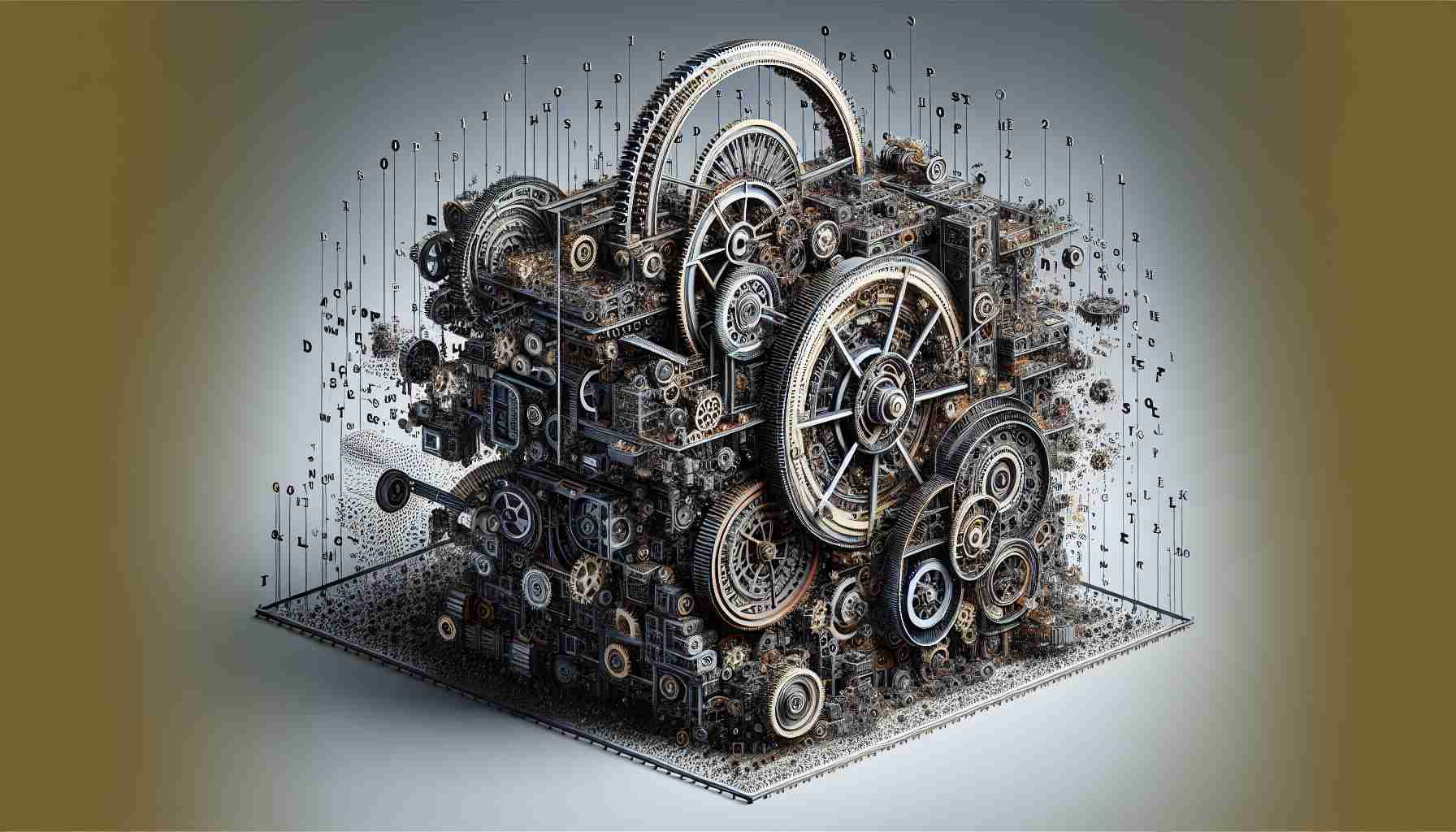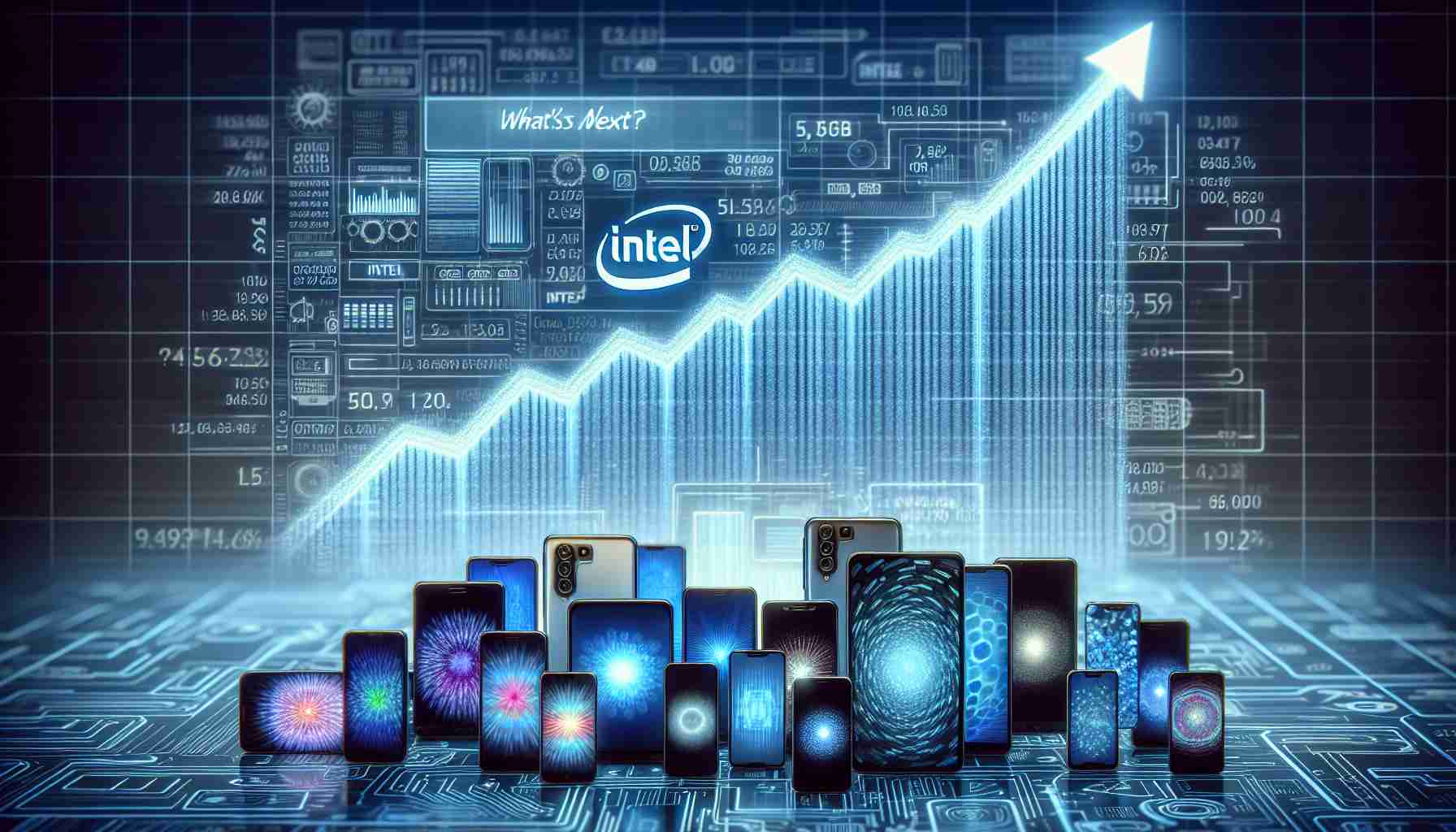Understanding the capabilities and meaning behind the acronym “GPT” can fundamentally change how we perceive artificial intelligence today. But what exactly does GPT stand for, and why is it generating significant buzz across industries?
GPT stands for Generative Pre-trained Transformer, a breakthrough in natural language processing (NLP) developed by OpenAI. This model has revolutionised how machines understand and generate human-like text. The key lies in breaking down each component of the acronym, revealing the inner workings which have made this technology pivotal.
Firstly, “Generative” refers to the model’s capability to generate text that is meaningful and contextually coherent. This power allows GPT models to engage in tasks ranging from essay writing to code completion, demonstrating an understanding of numerous languages and contexts.
Next, “Pre-trained” signifies that the model has been trained on a massive dataset before being fine-tuned for specific tasks. This pre-training process involves absorbing vast amounts of information from the internet, enabling the model to acquire a broad general understanding of human language. Subsequent fine-tuning then allows it to specialise and excel in specific domains or functions.
Lastly, “Transformer” denotes the advanced model architecture first introduced by Vaswani et al. in 2017. This architecture has paved the way for improvements in handling context, dependencies, and nuances within language, making GPT models some of the most effective in the field.
GPT’s ability to emulate human conversation and proficiency in language manipulation confirms its niche in driving forward technological innovation, fundamentally reshaping how we interact with digital devices.
The Untold Impacts of GPT on Global Languages and Cultural Dynamics
The advent of Generative Pre-trained Transformers (GPT) is more than just a technological advancement; it promises profound cultural implications that could alter our relationships with language and even reshape cultural identities. How does GPT impact the linguistic and cultural fabric of societies worldwide?
One fascinating aspect is how GPT may revolutionise language preservation. With its expansive understanding, GPT can be instrumental in documenting and teaching endangered languages, assisting in their revival and maintenance. This could contribute to cultural preservation efforts, offering new hope to communities striving to maintain their linguistic heritage.
Yet, there is a contentious side to this innovation. Critics worry about the homogenisation of language and culture. As GPT models predominantly understand and generate content in globally dominant languages like English, lesser-known languages may be overshadowed. This could lead to further linguistic marginalisation and a loss of cultural diversity.
Moreover, the rise of GPT raises ethical questions about bias and representation. Since these models are trained on existing digital content, which may inherently contain biases, there is a risk of perpetuating stereotypes and misinformation. How can we ensure these powerful tools are engineered and utilised responsibly?
In exploring GPT’s potential, it’s vital to consider its implications on global linguistic and cultural landscapes. What safeguards are needed to ensure that the benefits of GPT are equitably shared across diverse communities without reinforcing existing disparities?
For more information on how artificial intelligence is shaping our world, visit OpenAI.













